Description
Kan, a waitress of the Izutsuya, and the geisha Fuseya of the Ogiya II by Eishōsai Chōki printed on a T-Shirt
About the T-Shirt
Regular fit
Standard length, the fabric easily gives into movement
Casual wear
A classic, everyday option loved by our customers
Side-seamed
Constructed by sewing two parts together, creating a fitted look
The Unisex Staple T-Shirt feels soft and light with just the right amount of stretch. It’s comfortable and flattering for all. We can’t compliment this shirt enough–it’s one of our crowd favorites, and it’s sure to be your next favorite too!
- Solid colors are 100% Airlume combed and ring-spun cotton
- Ash color is 99% combed and ring-spun cotton, 1% polyester
- Heather colors are 52% combed and ring-spun cotton, 48% polyester
- Athletic and Black Heather are 90% combed and ring-spun cotton, 10% polyester
- Heather Prism colors are 99% combed and ring-spun cotton, 1% polyester
- Fabric weight: 4.2 oz./yd.² (142 g/m²)
- Pre-shrunk fabric
- 30 singles
- Side-seamed construction
- Tear-away label
- Shoulder-to-shoulder taping
- Blank product sourced from Nicaragua, Mexico, Honduras, or the US
Eishōsai Chōki (Active 1786-1808)
Eishōsai Chōki, also known as Momokawa Chōki, was a designer of ukiyo-e style Japanese woodblock prints who was active from about 1786 to 1808. He, along with Utamaro, was a pupil of Toriyama Sekien (1712–1788). Chōki is best known for his pictures of beautiful slender women, often with atmospheric backgrounds.
The artist signed most of his works Chōki (長喜), he also signed some work Eishōsai (栄松斎) or Shikō (子興).
The details of Chōki’s life are obscure. He was likely a student—and possibly an adopted son—of Toriyama Sekien. Chōki specialized in depicting beautiful women and had a number of art names: works signed Chōki were in the style similar to that of Kiyonaga, and those signed Shikō that of Utamaro.
Chōki lived in the home of publisher Tsutaya Jūzaburō, who published several of Chōki’s print series. Amongst Chōki’s more popular series were the Eight Views of Lake Ōmi (Ōmi hakkei) and the Eight Views of the Treasury of Loyal Retainers (Chūshingura hakkei). He also produced hashira-e pillar prints, kachō-e prints of birds and flowers, and book illustrations. His last known work is the illustrations for the book Nakoso Gate (Nakoso no seki) by Kanwatei Onitake in 1809.

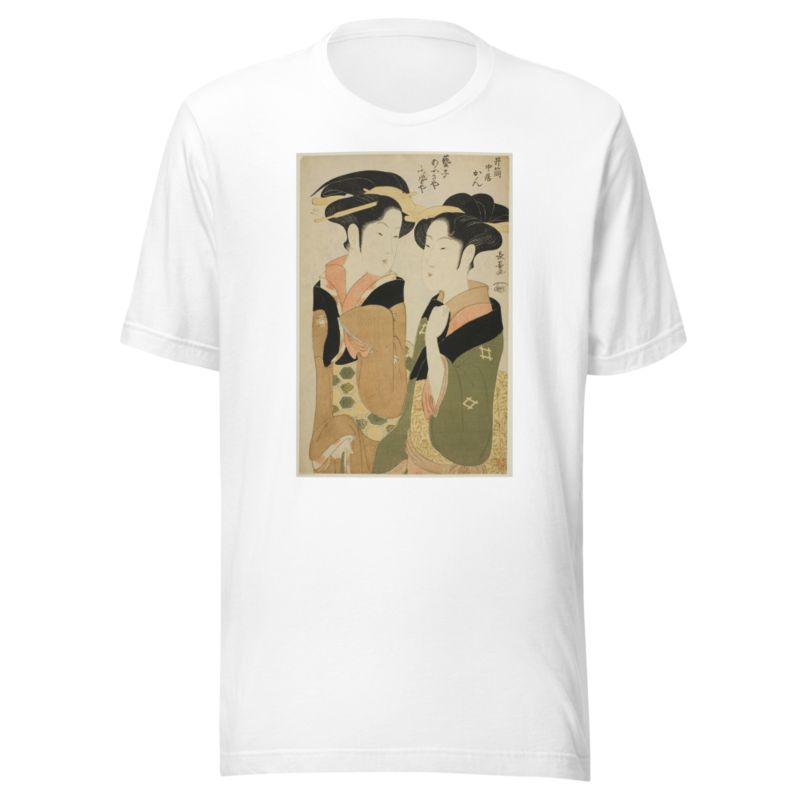
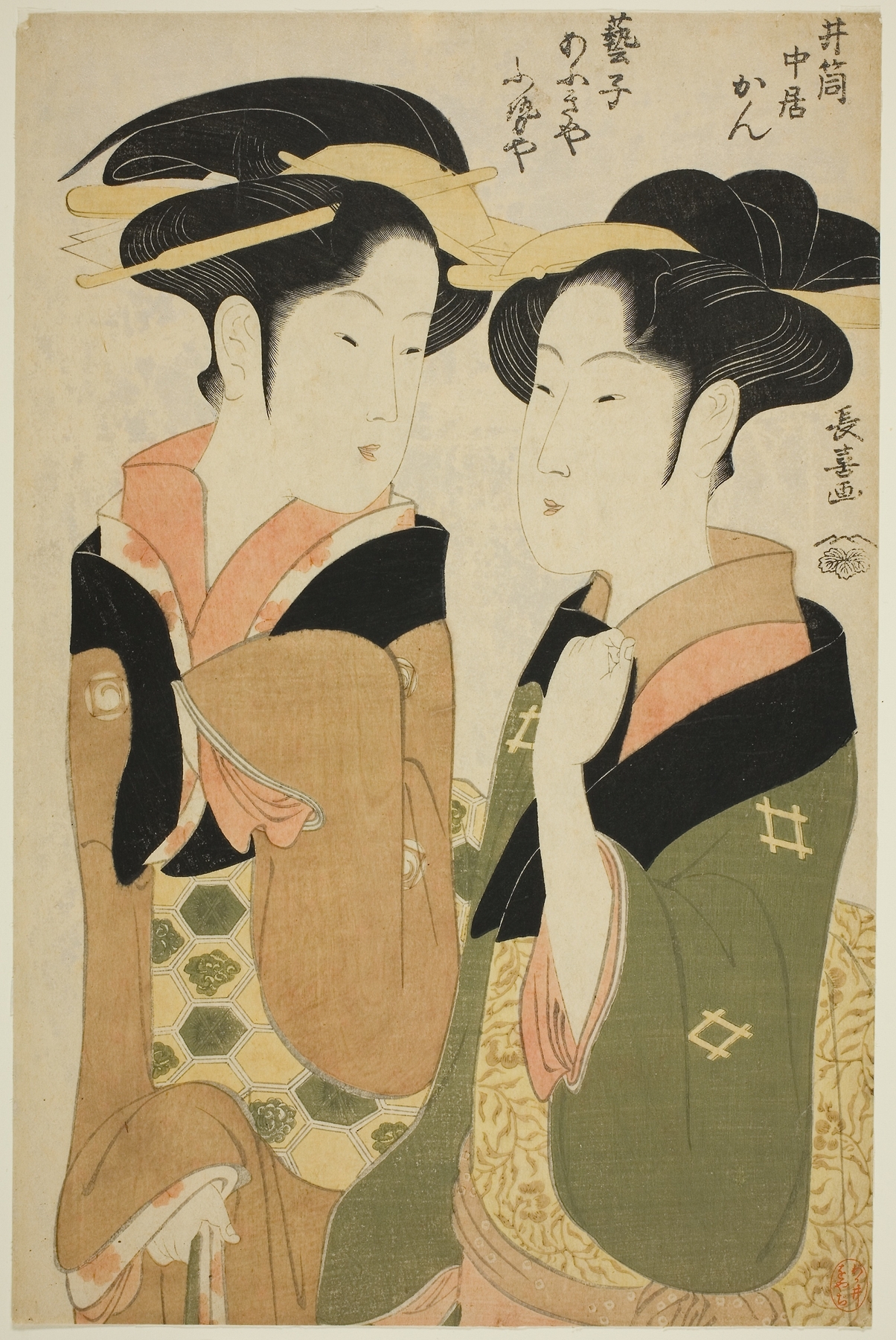
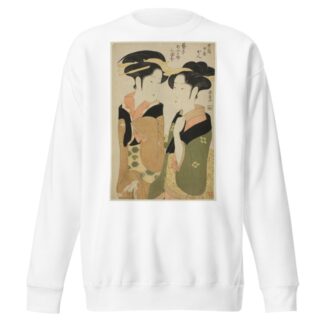
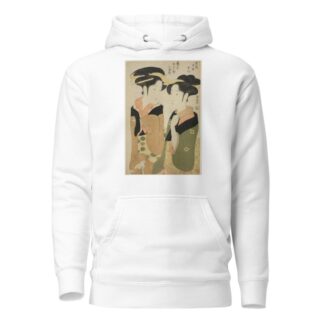
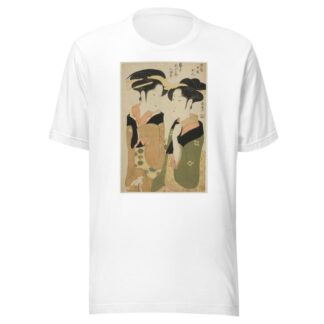
Reviews
There are no reviews yet.